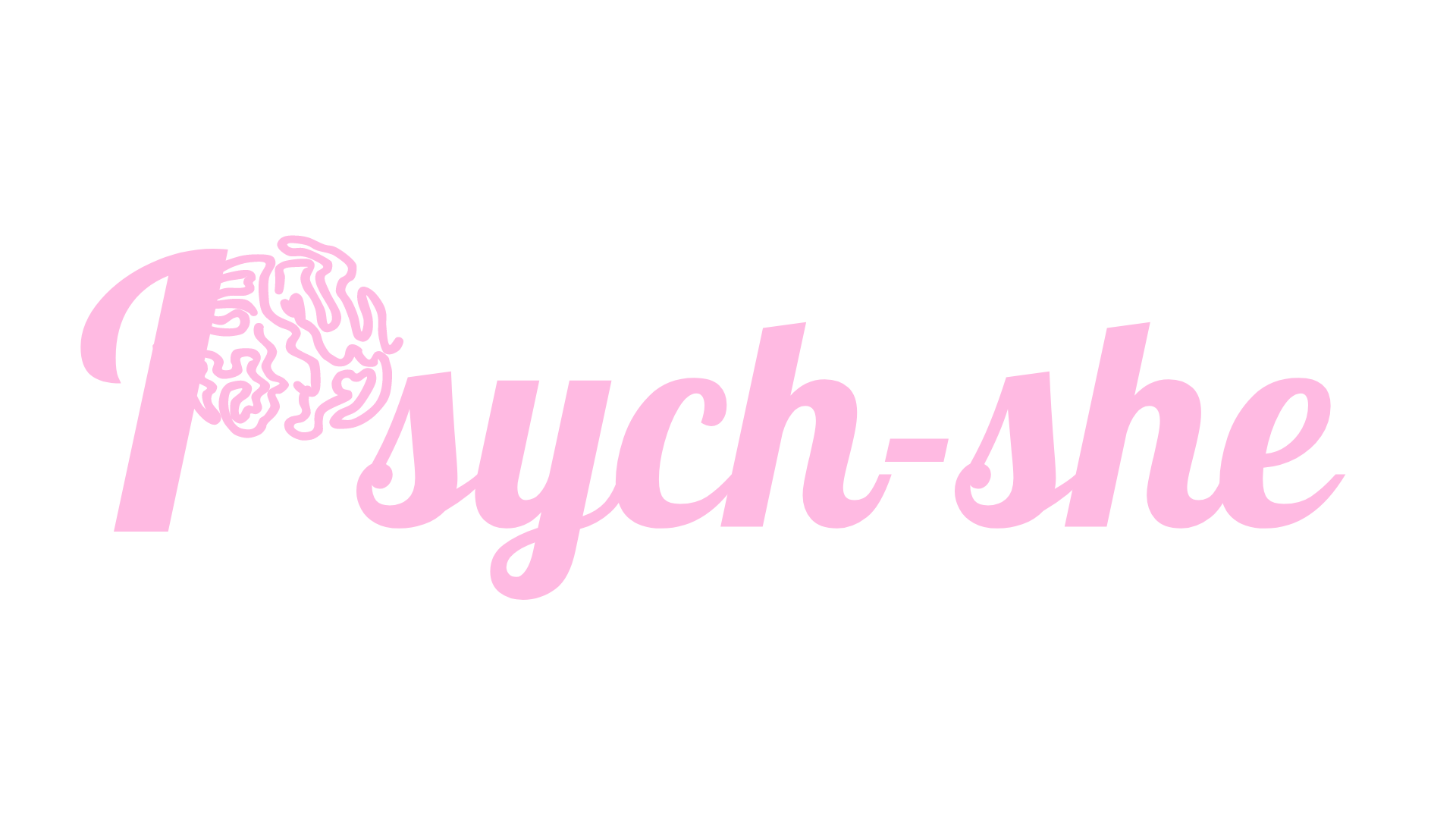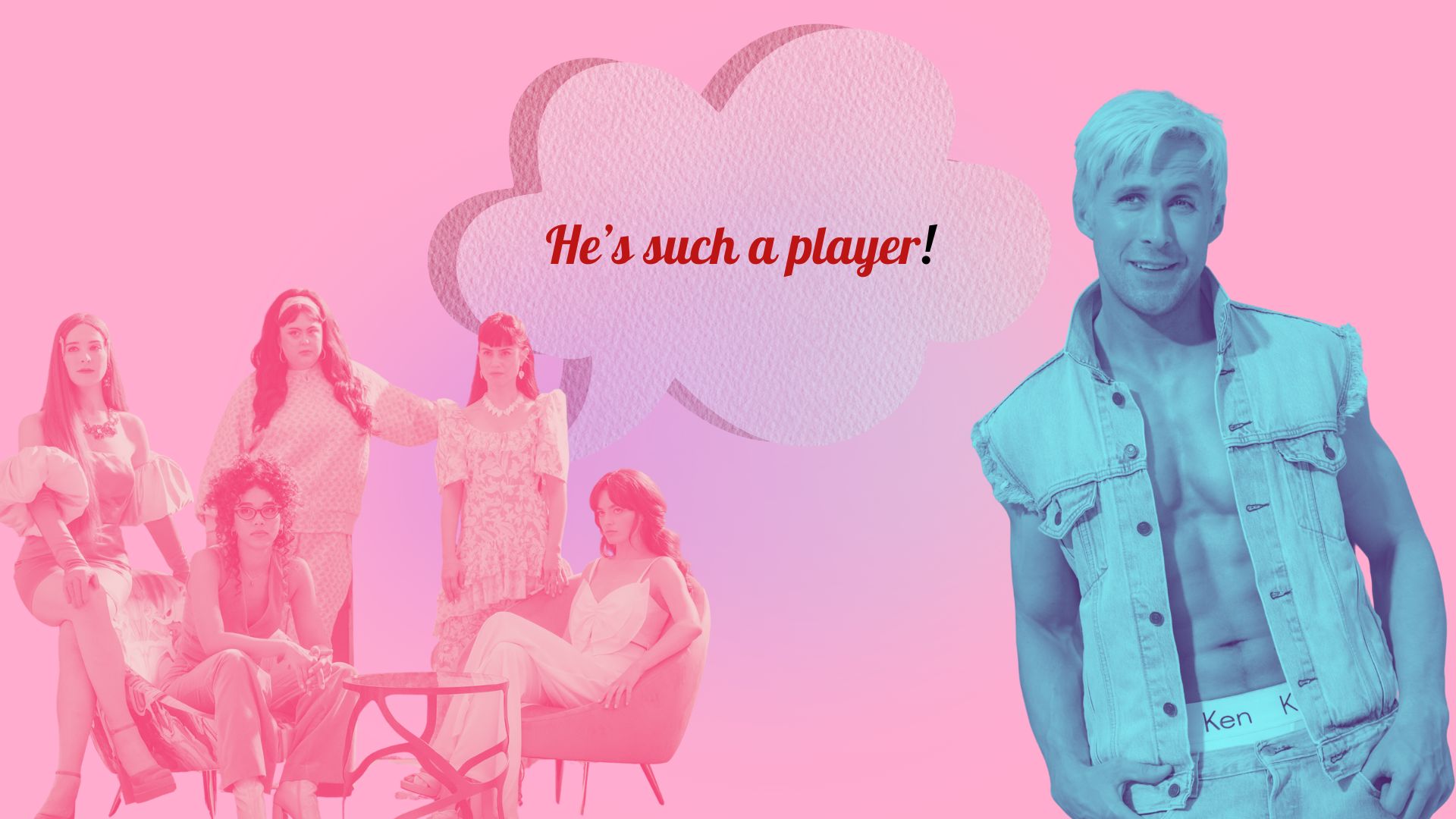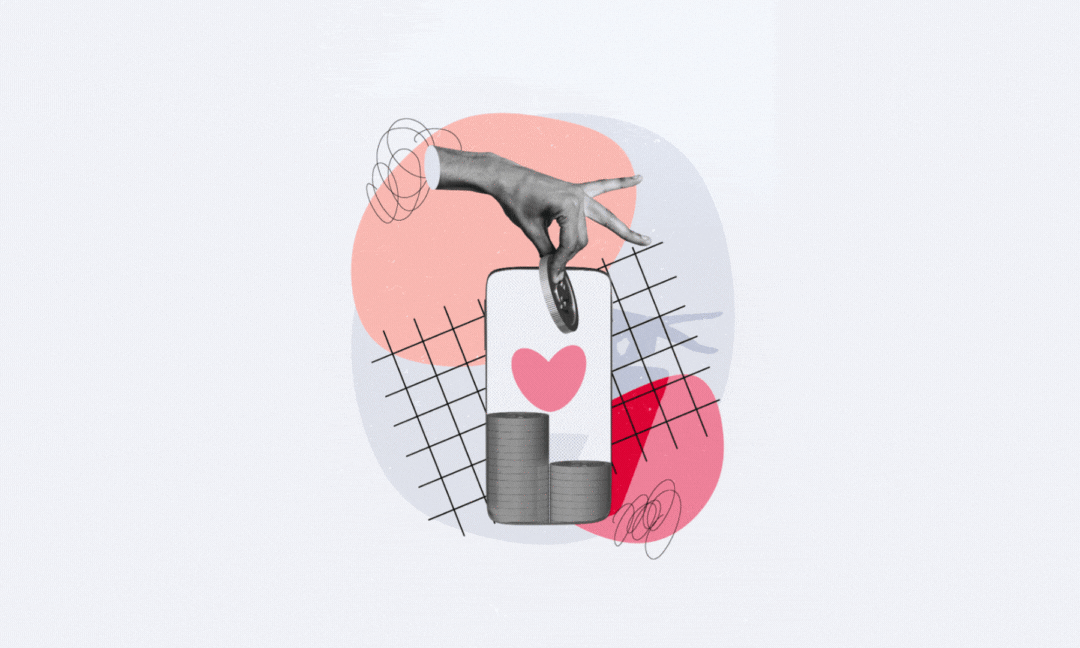We all pride ourselves on being able to sense when somebody is a bad egg and some of us are seriously good at it, but others wouldn’t know to run away even if one was chasing them with a pitch-fork. But seriously, what personality traits are possessed by a good judge of character and where do we get them from?
You wake up bright and early and instantly reach for your phone in an attempt to catch up with what you missed on social media overnight. You see that your bestie went out with a different group of friends- a set of girls that you’re not particularly keen on because you think they’re using her.
You then go to check what messages have been sent to you whilst your phone has been on the trusty Do Not Disturb setting and you see that another friend went home with the joke of a man that she promised she was never going to meet up with again.
Then, you check the rota to find that the new boy is working, which means you have to endure an 8-hour day of flirtatious comments that you’re sick of shrugging off because you know that he cheated on his ex-girlfriend so you’ll never be interested.
You have no confirmation if your judgements are true, but your gut tells you to go along with it anyway.
We subconsciously spend a lot of our time judging people and every single time, we’re certain we’ve got it spot on. We all think we’re the wisest, most accurate judge of character until we’re proven wrong.
This raises the question- what makes a good judge of character? And how will we ever know if we truly are one?
“To be a good judge of character, you need to have perceptiveness, self-awareness, emotional intelligence , and open-mindedness,” says psychotherapist Jessica Hunt, who shares some insight on the qualities needed to master the art of being a good judge of character.
“Perceptiveness is crucial for picking up on subtle cues, allowing you to form a comprehensive understanding before making a judgement. Self-awareness helps you recognize and account for your own biases, which is necessary to judge your perceptions fairly.
“A strong sense of emotional intelligence promotes empathy, which enables you to understand and share in other’s feelings in order to accurately observe and interpret their intentions and motivations. And open-mindedness is the glue that holds all of these traits together.”
If you (like me) are an immensely observant creature and pick up on every single ‘subtle cue’, I feel that it can sometimes go the other way and you may find yourself catching vibes from people that are simply not there.
Does this just end up hurting us in the long run?
“We often misinterpret someone’s character when our perception is clouded by cognitive distortions, otherwise known as mistakes in our thinking,” Hunt continues.
“Common distortions that can lead to poor judgments include personalization, jumping to conclusions, emotional reasoning, and all-or-nothing thinking.
“While everyone is susceptible to cognitive distortions, those who are good judges of character are aware of them and take mindful steps to minimize their impact.”
Expert insight: Jessica Hunt
Jessica Hunt is a licensed psychotherapist. Her services focus on self-compassion, mindfulness, and connecting with one’s identity as it evolves through life transitions and stages.




